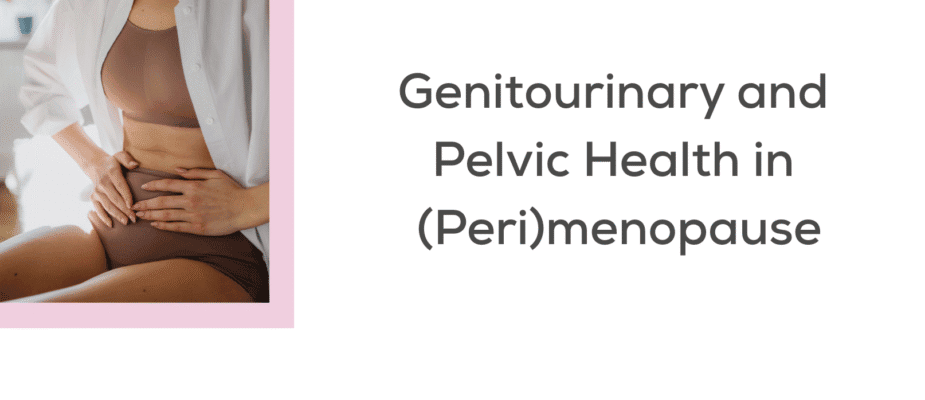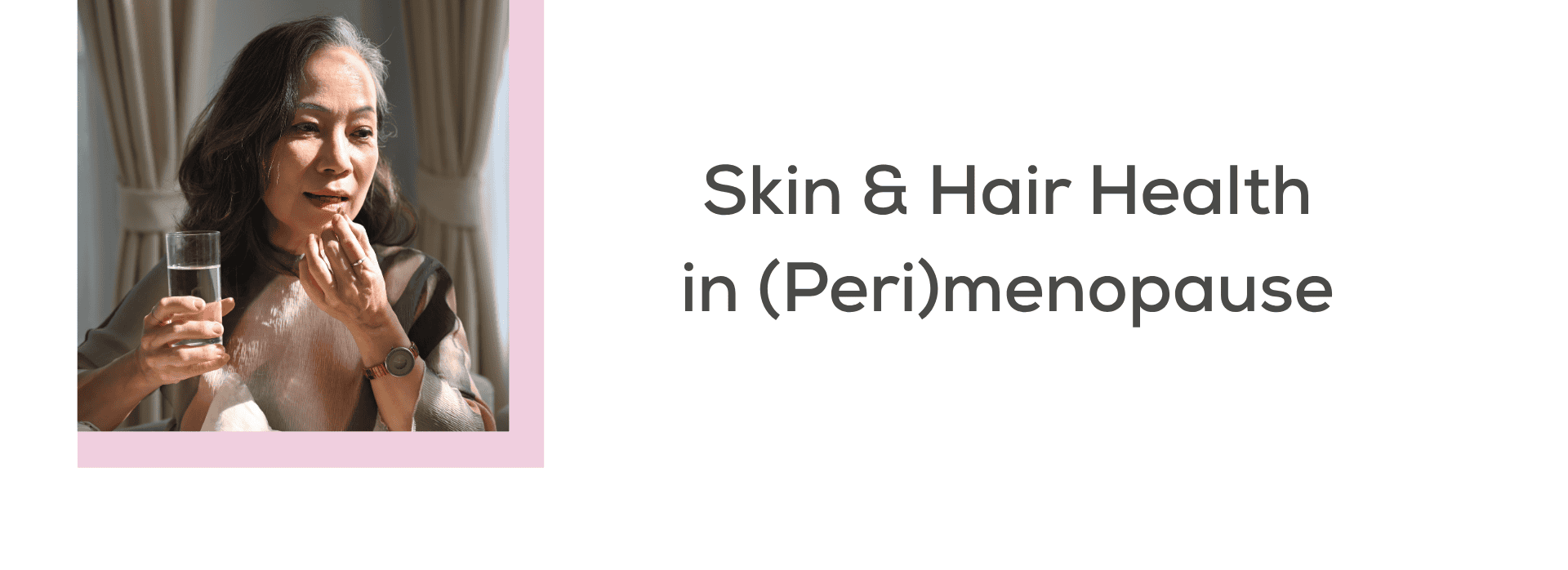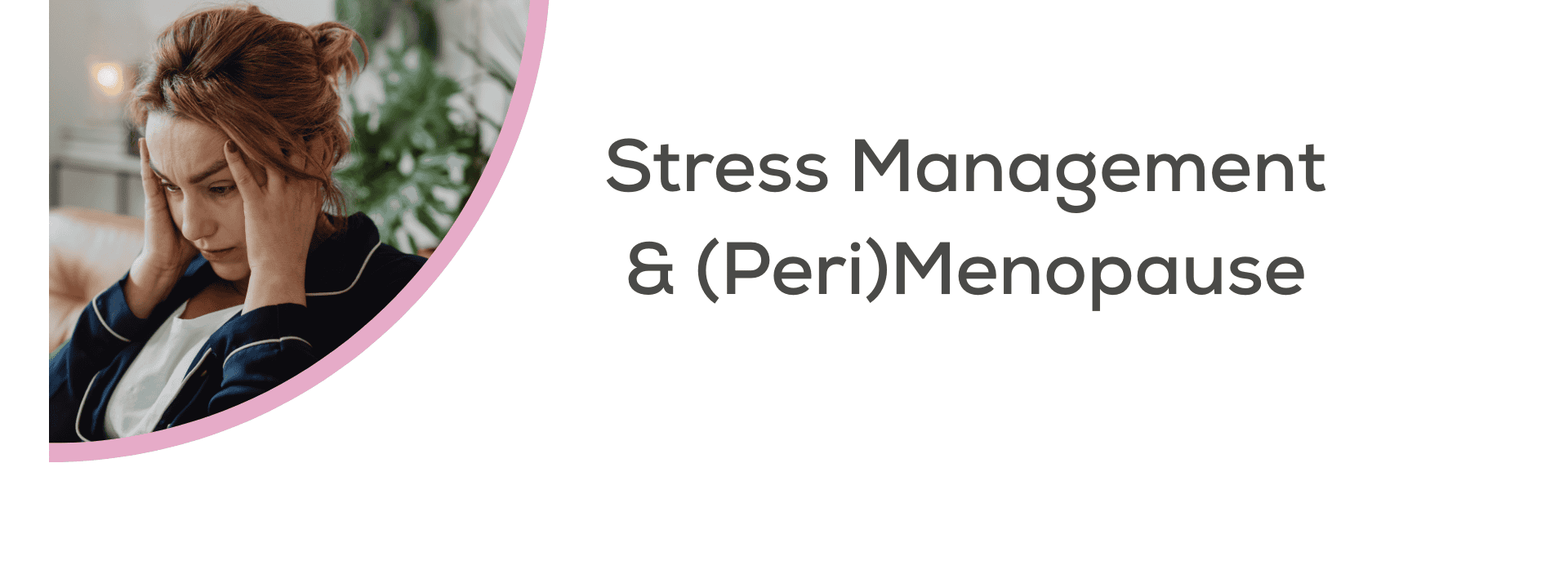As we celebrate World Menopause Day on the 18th October, and talk about the challenges and different health issues associated with menopause, our focus this year is on osteoporosis.
The decline of sex hormones that happen during menopause can increase the risk of osteoporosis, a health condition where the bones become weak and brittle making them more likely to break. Although the risk increases in postmenopause, when oestrogen and testosterone (the main sex hormones responsible for bone health) reach their lowest levels, it is important to start thinking more seriously about your bone health as early as when you enter perimenopause, which starts usually in your late 30s/early 40s. Ideally, it’s best to work towards prevention so start as early as possible, especially in cases where a family history of osteoporosis or premature menopause is present.
So, how can you give your bones some love? There are several ways to support your bones from a nutrition, lifestyle and supplements point of view. You can also consider Hormone Replacement therapy.
Feed your bones
The best foods for bone health are:
- Calcium-rich foods: dairy products (particularly kefir, which has the added advantage of being a probiotic), green vegetables (such as broccoli, kale, and collard greens), sardines with bone, and soybeans.
- Vitamin K-rich foods: beef liver, chicken meat, cheese and natto (fermented soybeans) are rich in vitamin K2 (the type of vitamin K that has a more significant role in bone health).
- Vitamin D-rich foods: oily fish, egg yolks and whole milk, and do not forget to spend time outdoors as the sun is our main source of vitamin D as the body makes vitamin D from direct sunlight.
- Foods rich in vitamin C (such as citrus, kiwis and peppers) and magnesium (such as leafy greens, bananas, nuts and seeds)
Move your bones
Moving your body is key for bone health as exercise slows down the rate of bone loss and increases bone density. It’s best to combine weight-bearing exercises (known to improve bone mass density) with resistance exercises (which improve bone strength). Examples of weight bearing exercises are jogging, dancing, climbing, brisk walking, tennis, and aerobics. Resistance exercises on the other hand include weight lifting and elastic resistance bands. Try also complementing your regime with yoga or Pilates to improve flexibility and posture (plus, it relaxes your mind). Mix and match the 3 types of exercise on a weekly basis, aiming for a minimum of 30 minutes exercise daily.
If in doubt about a particular exercise, talk to your health practitioner to make sure it is right for you, particularly if you have had a diagnosis of osteoporosis or any broken bone in the past.
Boost your bones
Although the right food and exercise should be the foundation for healthy bones, a little boost from a supplementation point of view can be helpful particularly in case of nutritional deficiencies. The best allies for bone health are: vitamin D3, calcium, magnesium and vitamin K – calcium supplements are best taken divided twice daily for better absorption, and should be taken together with magnesium and vitamin K to assure correct deposition of calcium in the bones. Also consider herbs such as nettle and horsetail taken as an infusion – nettle is a very nutritious herb rich in calcium and horsetail supports bone formation and strength due to its high content of silica. And finally, if you are concerned about your bone health you can always consider HRT by talking to your OMC doctor.




